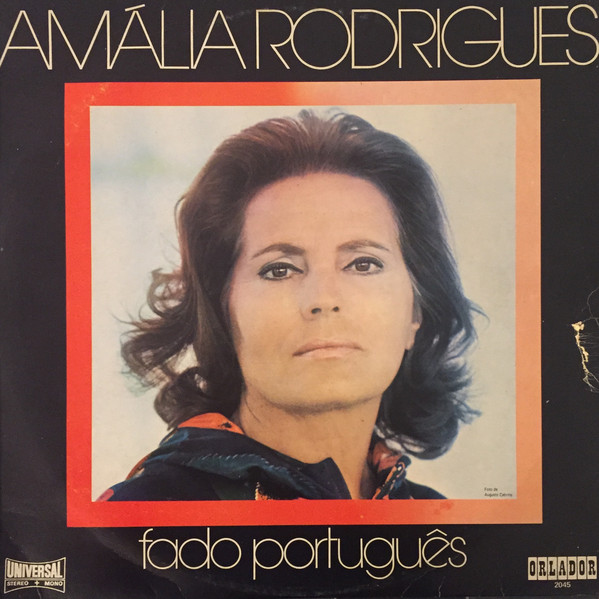Amália Rodrigues (full name Amália da Piedade Rebordão Rodrigues) is the paradigmatic singer of Lisbon Fado. More than 100 years after her birth she still deeply influences many performers today.
Her voice has a fluent, flexible quality and is also very clear, allowing her to do full justice to the meaning and poetry of the words she is singing.
During her life (1920 to 1999) Amália was at various times heaped with recognition and awards. But at other times, especially in Portugal itself, she was the subject of controversy, hostility and - for a period after the 1974 Revolution, neglect.
Attitudes to Amália mirror those to Fado music generally, which I write about more elsewhere (see links below this article).
But in this post I want to concentrate on what she actually sounds like. For Amália's work lives on in sound recordings and film clips, many now readily accessible, especially from the later period of her career.
Amália Rodrigues "Alfama"
Amália Rodrigues "Alfama" (an old quarter of Lisbon strongly associated with Fado)
Music: Alain Oulman
Words: José Carlos Ary dos Santos
Portuguese guitar: Raul Nery
This first appeared on the 1970 album Com que voz. The version above is slightly later, featuring the distinctive tones of Raul Nery on the high-pitched Portuguese Guitar.
What it means: Both Alain Oulman and Ary dos Santos were leftists in the Portuguese political spectrum, skirting what was possible in the declining years of the dictatorship. By this time the Alfama district was sadly neglected - cut off from the sea by big new roads and insecure and crime ridden at night. This is what the


